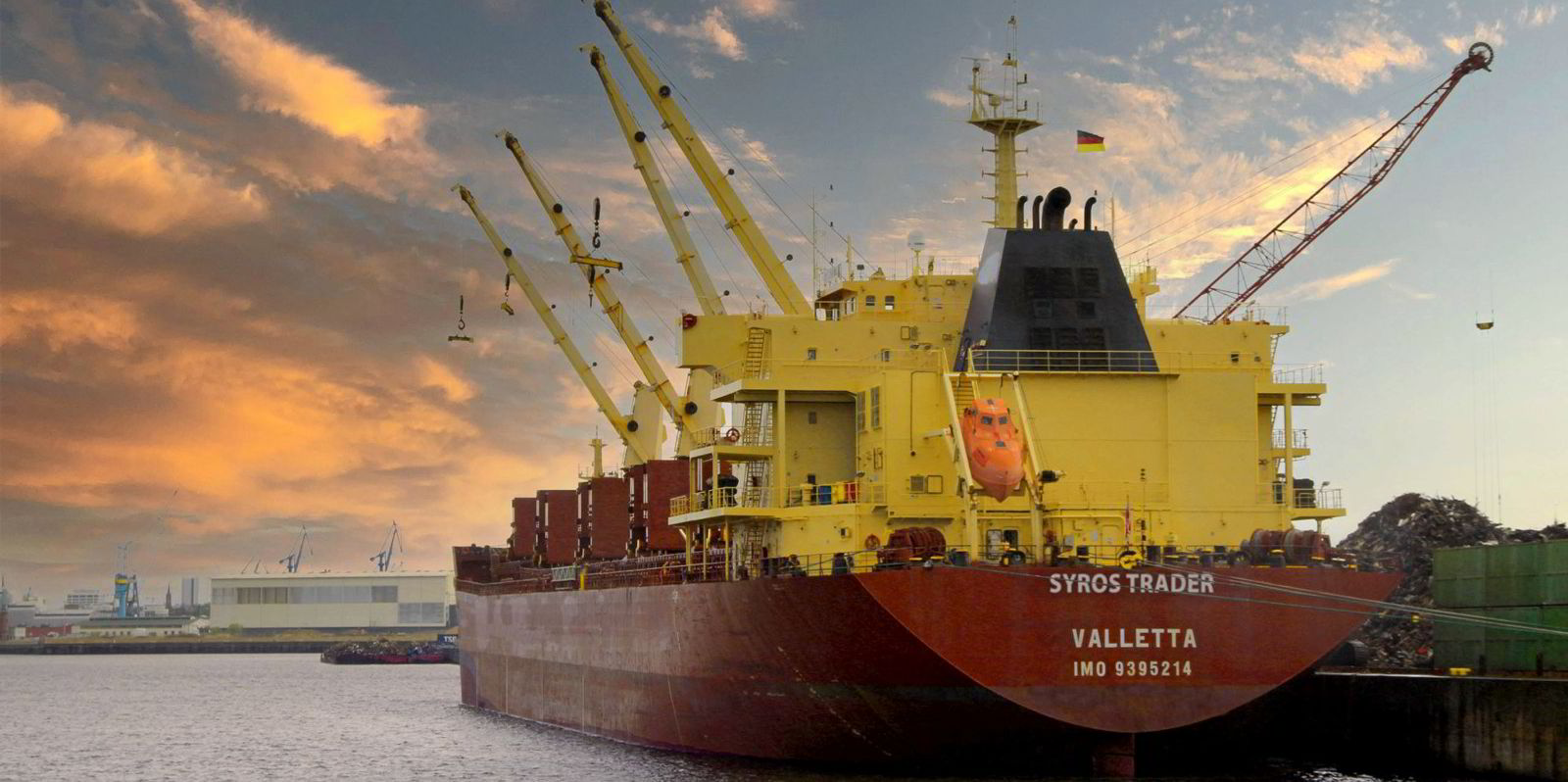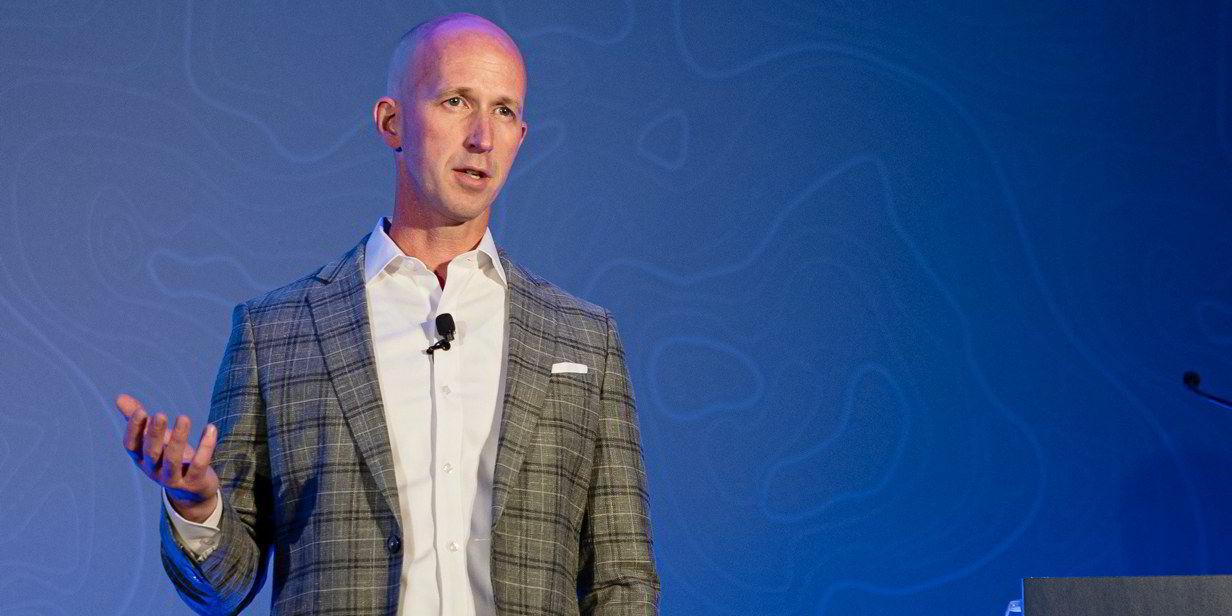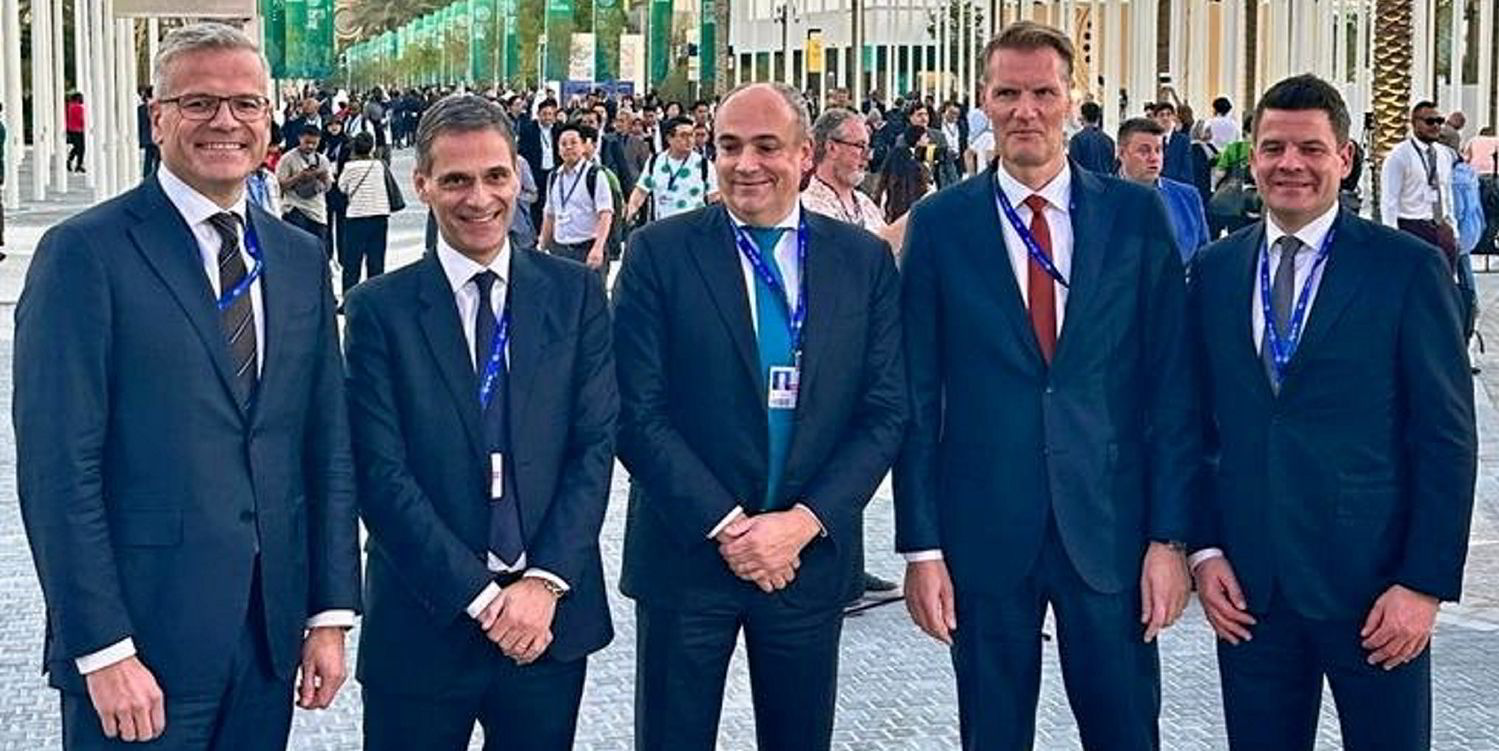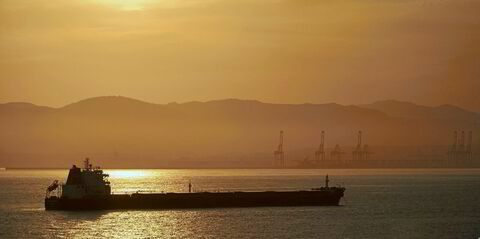TOP STORY
The chief executives of five global shipping lines have called on politicians to name a date to ban fossil-fuel powered newbuildings. The companies — CMA CGM, AP Moller-Maersk, Hapag-Lloyd, Wallenius Wilhelmsen and MSC Mediterranean Shipping Company — did not identify a date for the fossil-fuel ban. But the chief executives said in a joint declaration at the COP28 summit in Dubai that the only way for the industry to achieve its decarbonisation goals is to transition to green fuels quickly and at scale.
IN THE NEWS
Shipowners are queueing up to find berths for very large ammonia carriers, or VLACs, with at least two more owners named as being among those in talks with shipyards over newbuilding orders and enquiries well into double figures. Newbuilding sources said Qatari giant Nakilat has finalised talks with Hyundai Heavy Industries about possible contracts for a quartet of VLACs.
Evangelos Marinakis has set up a new company to capitalise on the hot offshore support vessel sector following acquisitions worth $106m. Capital Offshore has quietly built up a fleet of seven platform supply vessels over the past few weeks.
Any disruption to shipping via the Red Sea would affect the grain trade more than any other dry commodity, analysis shows. Some 323.7m tonnes of dry cargo — equivalent to almost 6.5% of seaborne dry bulk trade — passed through the Suez Canal in 2022, according to analysis by commodities data platform Kpler.
Italy’s Grimaldi Group could make a merger or acquisition play for Hoegh Autoliners following the exit of major shareholder AP Moller-Maersk. The ro-ro owner has the financial firepower and ambition to foster consolidation in the sector, according to Veson Nautical analyst Andrea De Luca.
It could be 10 times cheaper for shipping to invest in fuel efficiency than paying for alternative fuels. The ratio comes from a report by The Maersk Mc-Kinney Moller Center for Zero Carbon Shipping, which crunched the numbers based on the targets and checkpoints agreed on under the International Maritime Organization’s revised greenhouse gas strategy; the cost of the fuels and technologies; and factors such as the efficiency losses of alternative fuels.
The European Commission and Scandinavian countries rejected on Monday a request by southern nations to defer shipping’s entry into the European Union’s Emissions Trading System. Seven member states on the Mediterranean rim had asked the EC to revise those aspects of the ETS that they fear will hurt the bloc’s ports.
VIEWPOINT
As all eyes turned to Dubai for COP28 this week, the magnitude of the clean energy shipping challenge before us is daunting. But you can pretty much boil it down to our ability to drive down costs and drive up efficiencies in two critical technologies: electrolysers and carbon capture, argues chairman and chief executive of the American Bureau of Shipping, Christopher Wiernicki.
IN-DEPTH

All charterers in the Atlantic want for Christmas are supramax and ultramax bulkers, but can they get their hands on them? Open tonnage in the US Gulf is edging closer to selling out for December, forcing charterers to source vessels from further afield. Ships that would have been out of the question a few weeks ago are suddenly up for consideration.
Read the full story here
PROFILE

You do not have to be a maritime technology insider to know that Veson Nautical is hungry for growth. But where does the Boston software-as-a-service see its next focus for growth as it seeks to leverage its latest string of acquisitions? President Sean Riley said it is the environmental space in which the company is investing the most.
Read the full article here



